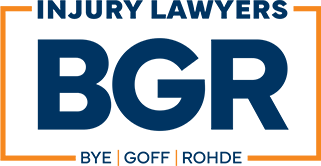When you’ve been in an accident or suffered a loss, you turn to your insurance provider expecting support. After all, you’ve paid your premiums on time and trusted them to have your back when times get tough. But here’s a hard truth—insurance companies may not always have your best interests at heart. Their priority is their bottom line, not necessarily their well-being. Understanding this can save you headaches, stress, and even money.
Why Insurance Companies Don’t Put You First
At their core, insurance companies are businesses. Like any other business, their main goal is to maximize profits. That often means minimizing the amount they payout in claims. While they might advertise themselves as being on your side during hardships, the way their system operates tells a different story.
1. The Profit-Driven Business Model
Insurance companies make money by collecting premiums and paying out as little as possible in claims. Every claim they pay cuts into their profits. This creates a natural conflict of interest—they may look for ways to reduce or outright deny your compensation. It’s not personal; it’s how the business operates.
For example, imagine you’re in a car accident, and your vehicle needs expensive repairs. While you might think, "This is exactly what I’ve been paying monthly premiums for," your insurance provider is likely trying to assess how much they can reduce your payout without breaking the policy agreement. They may challenge the repair estimates or look for reasons to undercut your owed amount.
2. The Fine Print in Policies
Insurance policies are packed with complex terms, coverage limits, and exclusions that can leave you vulnerable. Most of us don’t read every line of our insurance contracts—or even understand all the language if we do. Unfortunately, insurance companies often rely on this lack of knowledge to protect their profits.
For example, did you know many homeowners' policies don’t cover flood damage, even if water caused significant destruction? Some clients only learn of this loophole after disaster strikes, leaving them on the hook for repairs they assumed were covered.
3. Lowball Settlements
It’s common for insurance adjusters to offer a settlement amount quickly after a claim is filed. While it might seem like they’re doing you a favor by resolving things quickly, this initial offer is often far less than what you truly owe. The goal here is to close the claim as inexpensively as possible before you’ve had time to gather evidence or talk to a lawyer.
For instance, if you’re injured in a car accident, the adjuster may claim $5,000 is all they can provide to cover your medical bills and lost income. But without speaking to a lawyer or medical professional, how can you know that’s enough to cover long-term treatments or additional costs?
4. Distracting Tactics
Adjusters are trained to negotiate and often use calculated tactics to dissuade you from pursuing a larger claim. They might downplay the severity of your losses, suggest that your injuries aren’t as serious as they seem, or question your expenses. These tactics can leave you feeling powerless or unsure of how to proceed.
Take a common scenario of a truck collision. The adjuster might argue the accident wasn’t that severe and challenge your medical expenses, even if you’re dealing with chronic pain or emotional trauma. If they’re successful, you might settle for less than you deserve simply because the process seems overwhelming.
How You Can Protect Yourself
Now that you know insurance companies aren’t always your ally, what can you do? Here are a few steps to protect your legal and financial rights.
1. Know Your Policy
Read through your insurance policy and familiarize yourself with the coverage specifics, exclusions, and limits. If there’s anything you don’t understand, ask your insurer to explain—or better yet, consult with a lawyer who specializes in insurance cases.
2. Document Everything
When you file a claim, keep detailed records. Take photos of any damage, save receipts, and keep a written log of any interactions with your insurance company. Documentation provides leverage if disputes arise.
3. Don’t Rush to Accept Offers
If an adjuster pushes you to accept a settlement quickly, take a step back. Ask questions, review the offer carefully, and consider consulting legal counsel. Remember, once you accept a payout, you often waive the right to seek additional compensation.
4. Seek Legal Guidance
Some insurance battles can’t (or shouldn’t) be fought alone. A personal injury lawyer experienced in handling claims can help you understand your rights, challenge unfair practices, and negotiate for the compensation you truly deserve.
Wisconsin Personal Injury Attorneys
Navigating the complexities of insurance can be challenging, but you don't have to do it alone. At Bye, Goff & Rohde, our experienced personal injury attorneys in River Falls, WI, are here to help you understand your rights and ensure you receive the compensation you deserve. Whether you're facing a denied claim or need guidance on your insurance policy, our team is ready to assist you. Contact us today at (715) 202-5699 to learn more about how we can support you in protecting your interests.



